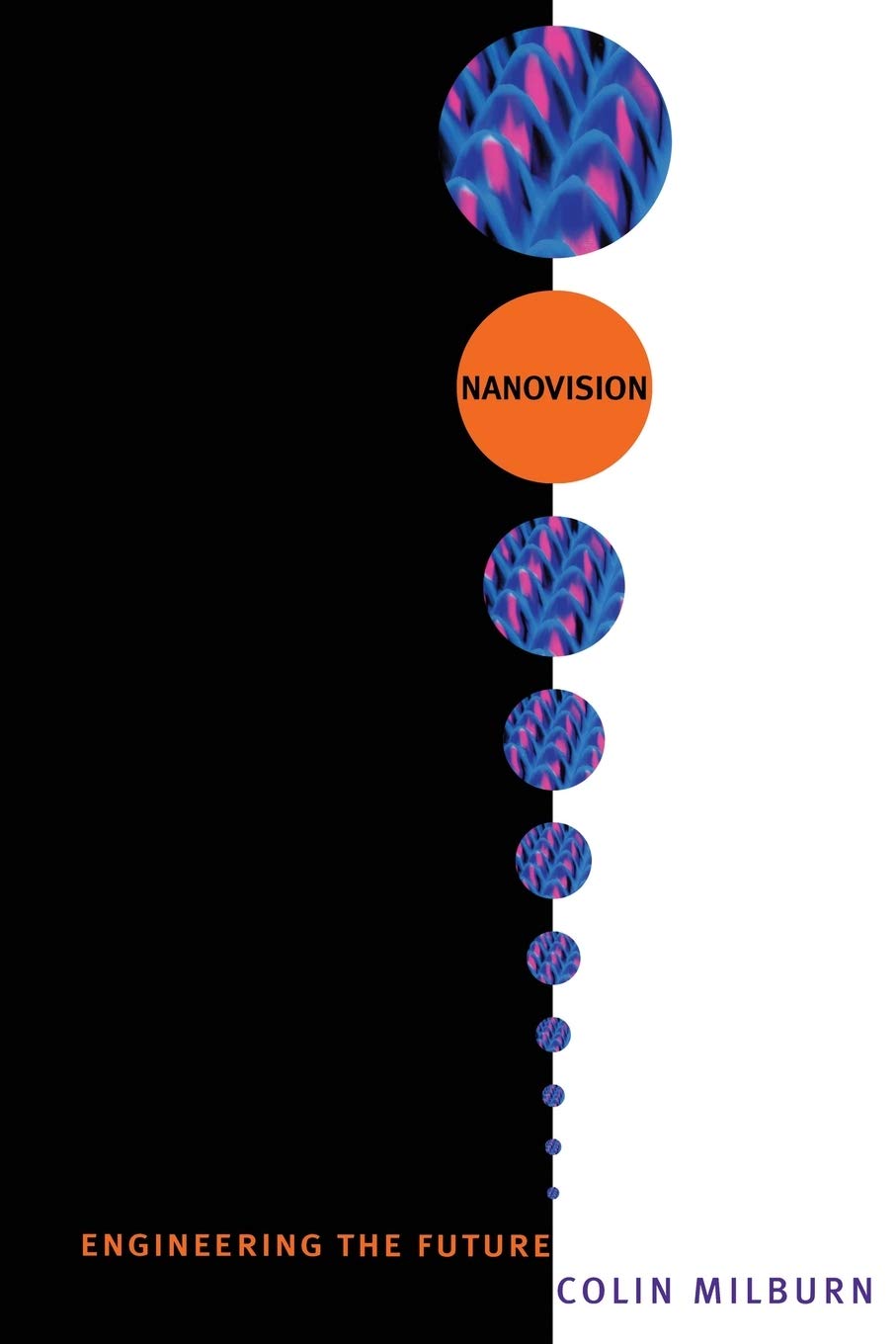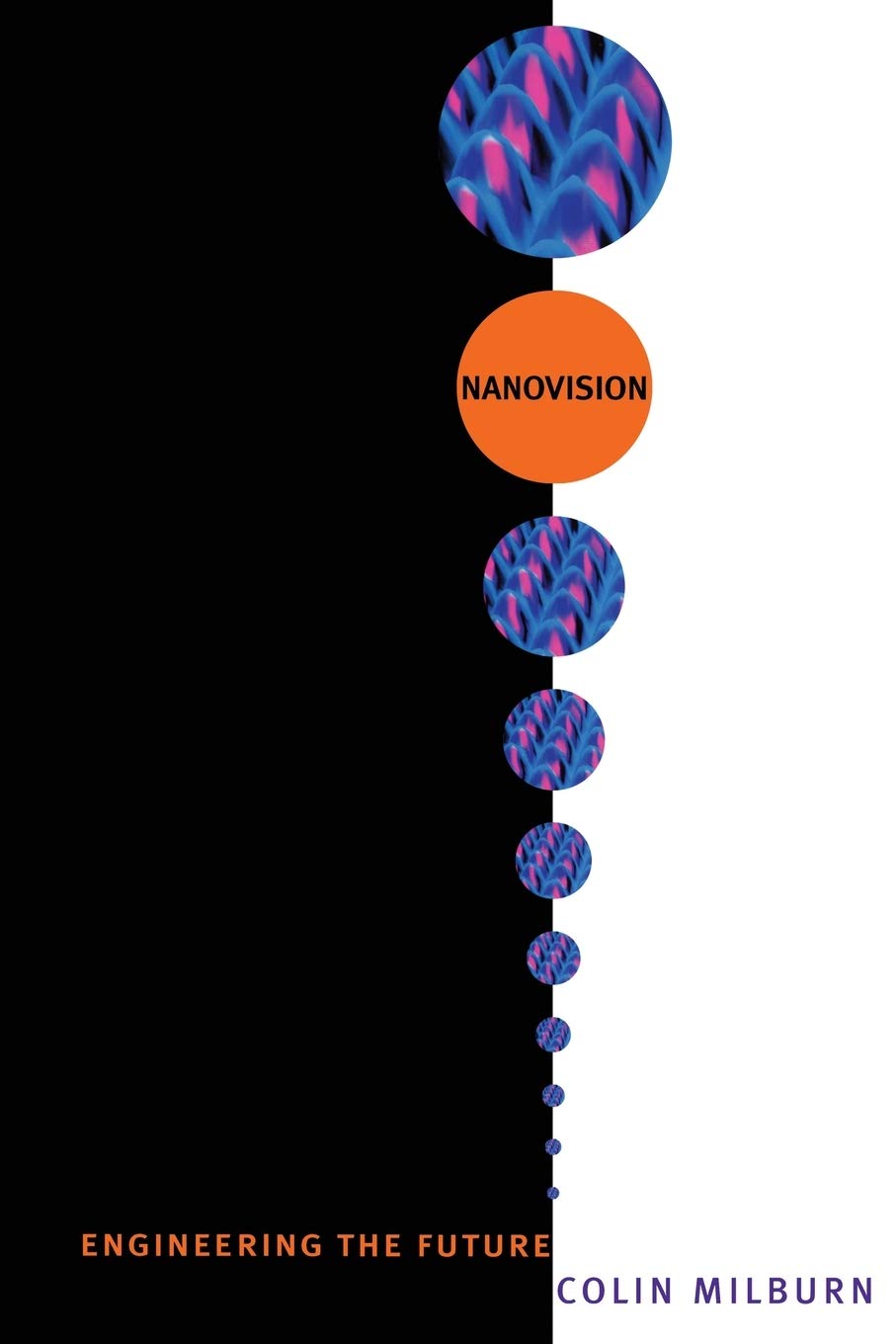Duke University Press Books
Nanovision: Engineering the Future
Couldn't load pickup availability
Author: Colin Milburn
ISBN: 9780822342656
Publisher: Duke University Press Books
Published: 2008
Binding: Paperback
Language: English
Condition: Used: Very Good
Clean, unmarked copy with some edge wear. Good binding. Dust jacket included if issued with one. We ship in recyclable American-made mailers. 100% money-back guarantee on all orders.
Science & Math 1617283
Publisher Description:
The dawning era of nanotechnology promises to transform life as we know it. Visionary scientists are engineering materials and devices at the molecular scale that will forever alter the way we think about our technologies, our societies, our bodies, and even reality itself. Colin Milburn argues that the rise of nanotechnology involves a way of seeing that he calls "nanovision." Trekking across the technoscapes and the dreamscapes of nanotechnology, he elaborates a theory of nanovision, demonstrating that nanotechnology has depended throughout its history on a symbiotic relationship with science fiction. Nanotechnology's scientific theories, laboratory instruments, and research programs are inextricable from speculative visions, hyperbolic rhetoric, and fictional narratives.
Milburn illuminates the practices of nanotechnology by examining an enormous range of cultural artifacts, including scientific research articles, engineering textbooks, laboratory images, popular science writings, novels, comic books, and blockbuster films. In so doing, he reveals connections between the technologies of visualization that have helped inaugurate nano research, such as the scanning tunneling microscope, and the prescient writings of Robert A. Heinlein, James Blish, and Theodore Sturgeon. He delves into fictive and scientific representations of "gray goo," the nightmare scenario in which autonomous nanobots rise up in rebellion and wreak havoc on the world. He shows that nanoscience and "splatterpunk" novels share a violent aesthetic of disintegration: the biological body is breached and torn asunder only to be refabricated as an assemblage of self-organizing machines. Whether in high-tech laboratories or science fiction stories, nanovision deconstructs the human subject and galvanizes the invention of a posthuman future.

